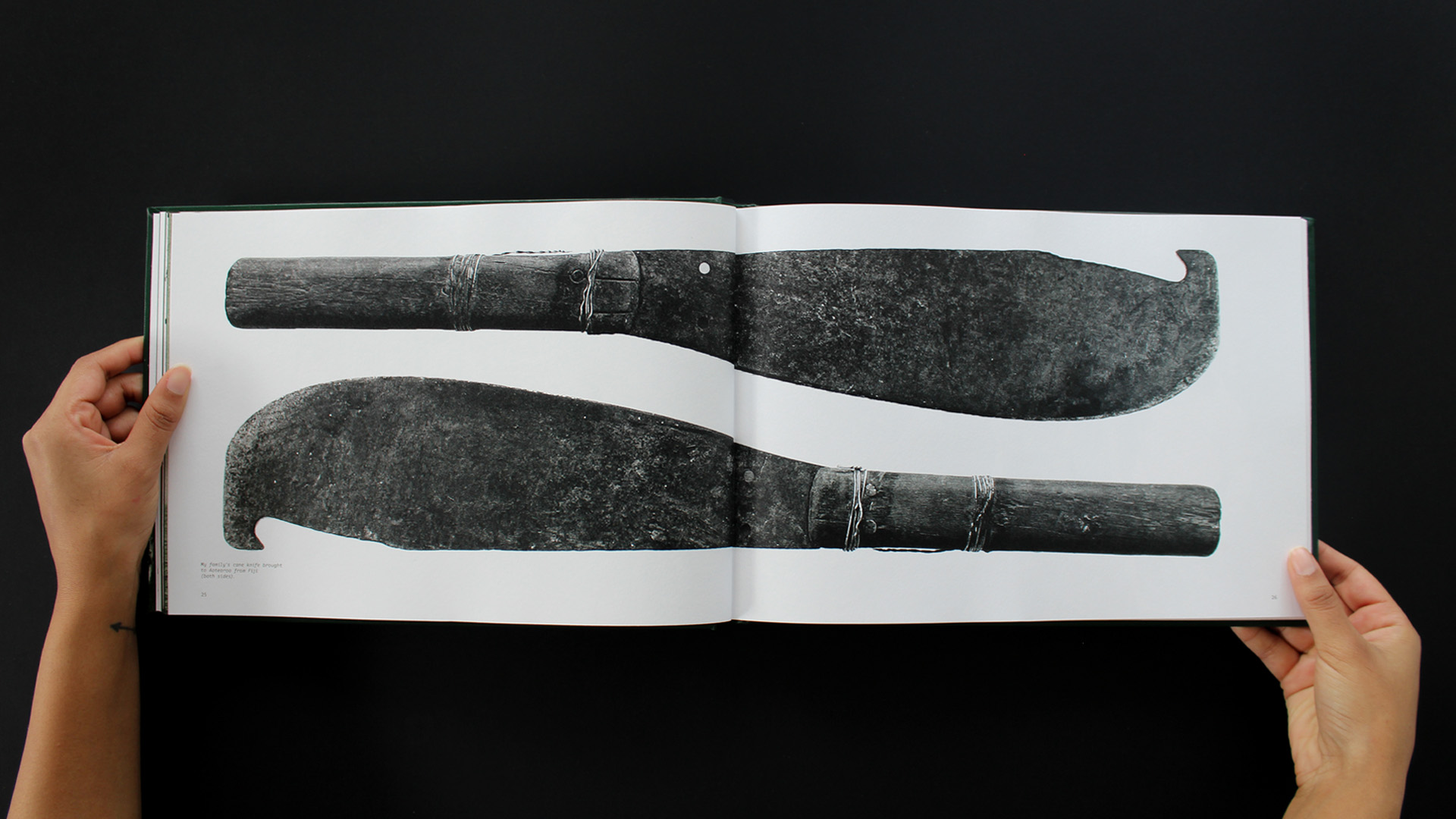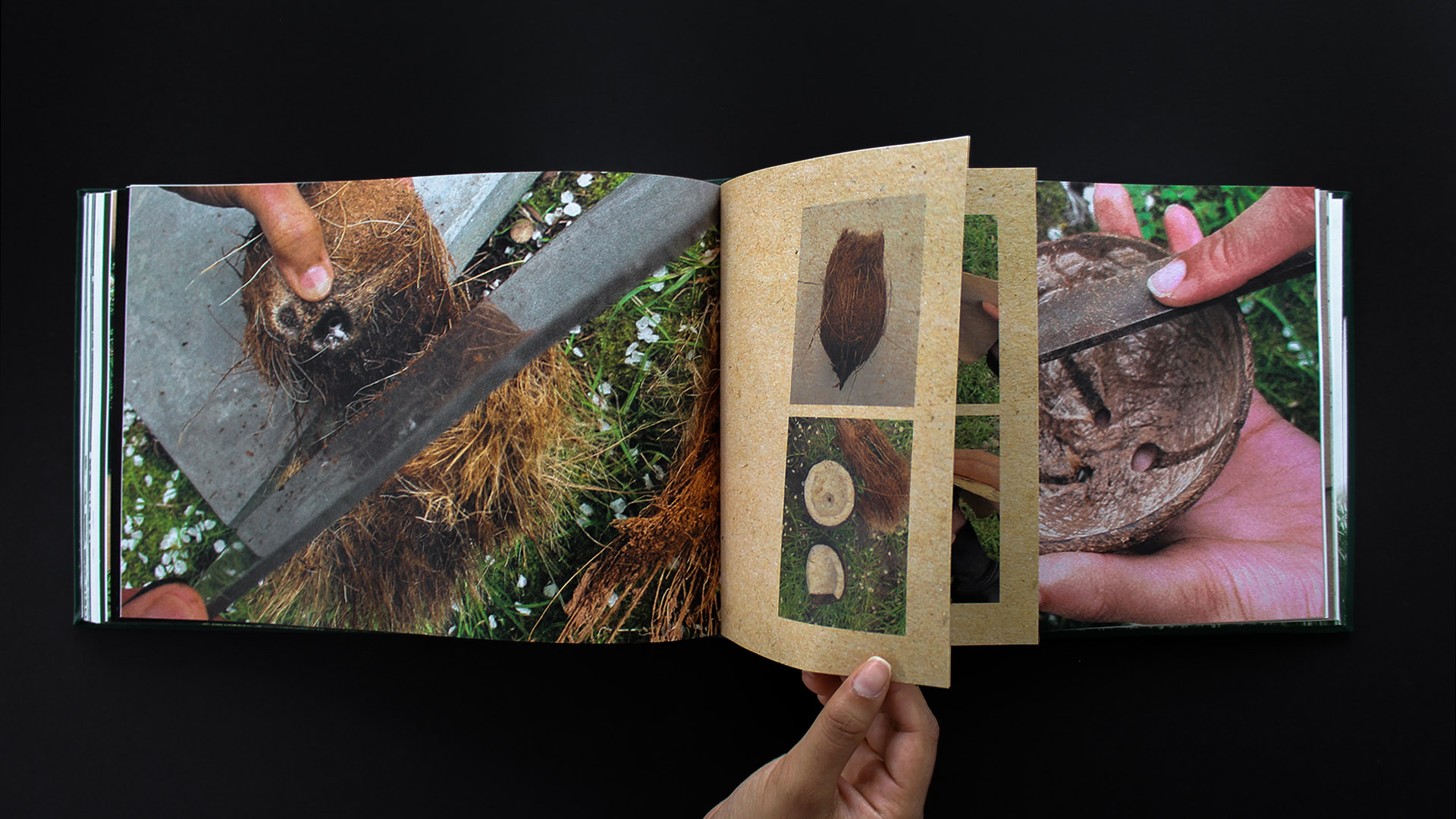

Remember
Girmit was an indentured labour system that started in 1833 as an alternative source of cheap labour to European colonies after the abolition of slavery. Up until 1916, over 60,500 indentured labourers from India were transported to Fiji to work on sugarcane plantations. On the plantations, the Girmitiyas (Fiji Hindi word for Indentured Labourers brought from India to Fiji by British colonial forces) were faced with an onslaught of gruelling circumstances and harsh conditions but through this they showed strength, courage and resilience.
In this publication, I use significant objects from Girmit (the Indo-Fijian indenture period) as a method to introduce the reader to the stories of my ancestors. The work showcases their journey over the kala pani (black water), their lives on sugarcane plantations and what got them through the exhausting labour required of them. Due to erasure of Indo-Fijian history, engaging with these cultural objects through researching and making is one of the only ways in which I can connect to my ancestors and histories.
Yaad Karo is a publication that tells the stories and lived experiences of Indo-Fijian Girmitiyas through significant objects. As a young Girmitiya descendant and designer, this project is about connecting to my community, history, and ancestors. Through this publication, I aim to contribute to the collective understanding of the history of Indo-Fijian indentured labour through the art and design space.
My project questions, how can cultural objects form connection and moments of remembrance to family, elders, and ancestors? I further inquire and explore how I can engage in object making as a means of conveying oral histories and personal stories of not only my family but my ancestors. I explored researching, designing, and making through the methodological frameworks of embodied cultural practice, oral histories and being an insider researcher. Through these questions, I have aimed to create a meaningful resource of communication design for my community and those willing to learn.
For other young Indo-Fijians in our community, especially those who are a part of the diaspora, and who may not have a deep comprehension of their own ancestral history, this publication acts as an entry point into greater discussions and learning. Yaad Karo in Fiji Hindi means to remember, it is an act. The title is a call to action for the Indo-Fijian community to remember our histories which have historically been erased. It is calling on us, descendants of indentured labour, to remember and engage with our collective past.


